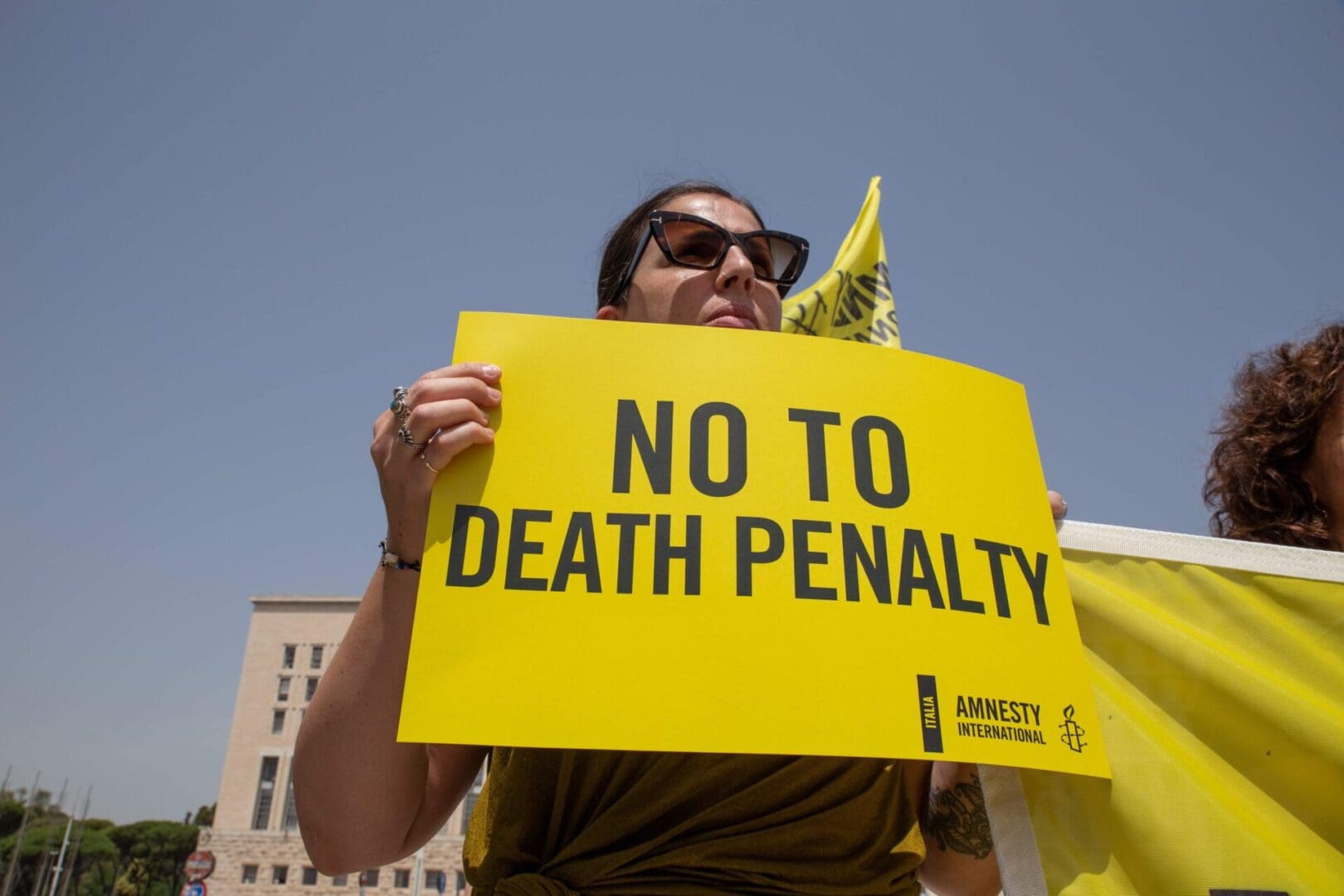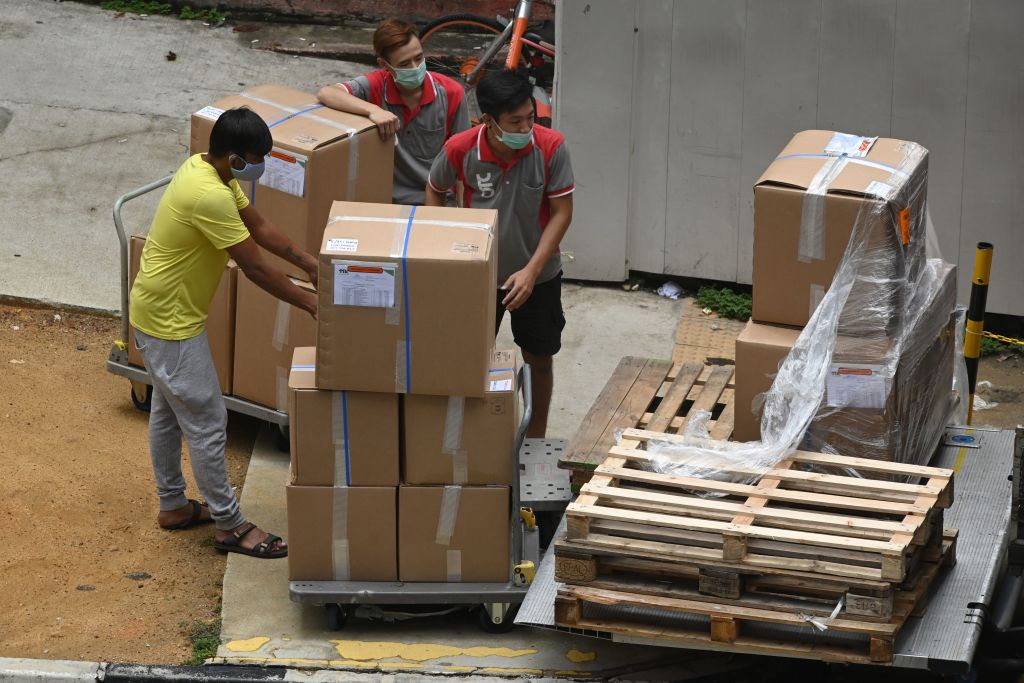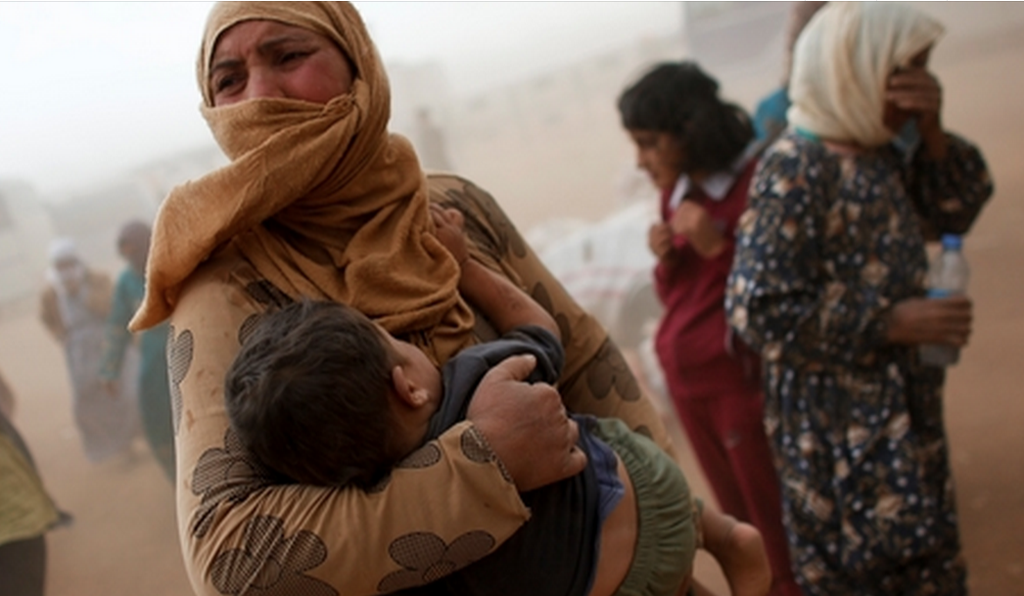The following information is based on the Amnesty International Report 2022/23. This report documented the human rights situation in 149 countries in 2022, as well as providing global and regional analysis. It presents Amnesty International’s concerns and calls for action to governments and others. Additional sources of information are the US Department of State reports: 2023 Trafficking in Persons Report (Singapore), the 2022 Country Reports on Human Rights Practices (Singapore) and The World Factbook (Singapore).
OVERVIEW
Singapore 2022
Significant human rights issues included credible reports of: preventive detention by the government under various laws that dispense with regular judicial due process; monitoring private electronic or telephone conversations without a warrant; serious restrictions on freedom of expression and media, including the enforcement of criminal libel laws to limit expression; serious restrictions on internet freedom; and substantial legal and regulatory limitations on the rights of peaceful assembly and freedom of association.
Defamation suits and repressive laws were used against human rights defenders and government critics resulting in steep fines and prison sentences. A new law further limited rights to freedom of expression, peaceful assembly and association.
BACKGROUND
A Malay trading port known as Temasek existed on the island of Singapore by the 14th century. The settlement changed hands several times in the ensuing centuries and was eventually burned in the 17th century and fell into obscurity. The British founded modern Singapore as a trading colony on the site in 1819. It joined the Malaysian Federation in 1963 but was ousted two years later and became independent. Singapore subsequently became one of the world’s most prosperous countries with strong international trading links (its port is one of the world’s busiest in terms of tonnage handled) and with per capita GDP among the highest globally.
KEY ISSUES
The government significantly restricted any public statements that it contended would undermine social or religious harmony, or that did not safeguard national or public interest.
The government did not censor international news channels, but entertainment programs must meet the content codes of the state’s Infocomm Media Development Authority (IMDA) that operates under the Ministry of Communications and Information and regulates broadcast, print, and other media.
Political leaders continued to use defamation suits to silence critics. In February 2021, blogger and activist Leong Sze Han was ordered to pay SGD133,000 (US$99,000) in damages after being sued by the Prime Minister. Leong Sze Han had shared a news article on social media linking Lee Hsien Loong to a corruption scandal. In September 2021, Terry Xu and Rubaashini Shunmuganathan from the independent news site,The Online Citizen, were also found guilty of defamation against the Prime Minister and ordered to pay SGD210,000 (US$156,138). Later that month, The Online Citizen was forced to close its website and social media accounts after the government accused it of failing to declare its funding sources. In November 2021, Terry Xu and Daniel de Costa were found guilty of defamation against cabinet members and were awaiting sentencing at year’s end. In October, parliament passed the Foreign Interference (Countermeasures) Act (FICA) giving the government sweeping new powers, including to remove or block access to online content if “foreign interference” is suspected. The law also introduced harsh penalties for media outlets and others considered as “foreign agents”.1
Reported over the past five years, human traffickers exploit domestic and foreign victims in Singapore, and traffickers exploit victims from Singapore abroad. Some of the more than one million foreign work permit holders who comprise almost one-third of Singapore’s labor force are at risk of trafficking. Most victims migrate willingly for work in construction, domestic service, performing arts, manufacturing, the service industry, or commercial sex but may later face exploitation in these sectors.
A 2022 study that surveyed more than 1,800 domestic workers in Singapore reported prevalent emotional abuse by employers and an increase in installing CCTV cameras in their homes to surveil the workers. Some recruitment agencies illegally engage in contract switching and charge workers higher fees than the legal limit. Foreign workers have credible fears of losing their work visas and being deported because employers repatriate workers legally at any time during their contracts with minimal notice.
The government-approved Speakers’ Corner was the only outdoor venue where citizens or Singapore-registered entities could give public speeches without a police permit, provided certain criteria were met. Speakers’ Corner may be used for exhibitions, performances, assemblies, and processions. All event organizers must, however, preregister online with the National Parks Board and must provide the topic of their event. Regulations state that the event should not be religious in nature or cause feelings of enmity, ill will, or hostility between different racial or religious groups. The commissioner of parks and recreation has the right to cancel or disallow any event or activity that he or she believes may endanger, cause discomfort to, or inconvenience other park users or the general public. Only citizens or permanent residents of the country are allowed to attend events at Speakers’ Corner. If a police permit was obtained for an event there, nonresident foreigners may also attend. In March Speakers’ Corner reopened for events following a two-year closure due to the COVID-19 pandemic and in April the first protest took place.
Citizens need a permit to speak at indoor public gatherings if the topic refers to race or religion. Indoor private events are not subject to the same restrictions. Organizers of private events, however, must prevent inadvertent access by uninvited guests, or they may be cited for noncompliance with the rules regarding public gatherings.
In June police started investigations against several persons, including human rights activists Kirsten Han and Rocky Howe, for holding two public assemblies outside Changi Prison Complex without a permit. The first was a gathering of four persons holding tea-light candles at a vigil outside the prison on March 29, the night before the execution of Abdul Kahar Othman for drug-related offenses. The second was when they and two others posed for photographs outside the prison on April 25, two nights before the execution of Nagaenthran K. Dharmalingam, also for drug-related offenses.
Public institutions of higher education and political research had limited autonomy. Although faculty members were not technically government employees, they were potentially subject to government influence. Academics spoke, published widely, and engaged in debate on social and political problems, although public comment outside the classroom or in academic publications that ventured into prohibited fields could result in sanctions.
A 2021 survey among 198 academics showed that 77 percent reported at least “moderate” interference by nonacademic actors in their decision making and more than a quarter in some disciplines reported consistent censorship or self-censorship. According to the survey, however, most believed they had freedom to do research and teach.
No law limits the participation of women and members of historically marginalized or minority groups in the political process, and they did participate. Three of the 20 members of the cabinet were women, and seven were members of a minority group. The country’s woman president was a minority-group member. Presidential elections may be reserved for certain racial communities. There are no other restrictions in law or practice against voting or political participation by members of minority groups; they were well represented throughout the government and civil service, except in some sensitive national security positions in the armed forces and intelligence community. The country’s group representation constituency system also requires at least one candidate from a racial minority group in each group constituency to provide representation in parliament.
Female Genital Mutilation/Cutting (FGM/C): Types I (a) and IV (as classified by the World Health Organization) FGM/C were practiced among a portion of the Muslim population. There was no legislation banning FGM/C and no official data on how prevalent the practice was, but 75 percent of Muslim women indicated they had undergone FGM/C, according to an End FGC Singapore survey with a sample size of 360 women in late 2020. Some medical clinics offer the procedure, requiring parents to consent and go through counseling, according to the Singapore Muslim Women’s Association. This medicalization, however, contravenes the global normative guidance by the World Health Organization and the UN Population Fund on this harmful practice. End FGC Singapore, a community-based movement, criticized the practice as covert and stated girls often may not know they underwent the procedure until later in life.
Criminalization: On November 29, 2022, parliament repealed Section 377A of the Penal Code, which criminalized consensual sexual conduct between men. Authorities had not enforced this law in more than a decade and had stated that they did not intend to do so. There were no indications the provision was used intentionally to intimidate or coerce. Its existence, however, intimidated some gay men, particularly those who were survivors of sexual assault but would not report it to police for fear of being charged.
Involuntary or Coercive Medical or Psychological Practices Specifically Targeting LGBTQI+ Individuals: The practice of “conversion therapy” to change a person’s sexual orientation or gender identity or expression reportedly included talk therapy, encouragement of celibacy, and physical and psychological abuse. Perpetrators included families and religious groups. There is no law banning “conversion therapy” but abuse is punishable. In 2021 the Singapore Psychological Society for the first time discouraged “conversion therapy” on LGBTQI+ individuals due to its harmful effects and encouraged therapy that affirmed a person’s orientation and identity.
Ministry of Education and the Ministry of Communications and Information issued statements that the repeal would not impact the country’s educational priorities or media content regulations which require higher minimum age limits to view films with LGBTQI+ content.
Laws in Singapore permit the death penalty for people convicted of trafficking more than 15 grams of heroin, 30 grams of cocaine, 250 grams of meth, or 500 grams of cannabis. As of August 9, 2023, there are 50 people currently on death row in Singapore, only three of whom were convicted of murder.2
There was international outcry against the planned execution in November of Malaysian national Nagaenthran Dharmalingam who was sentenced to the mandatory death penalty for drug trafficking. He was assessed to have intellectual disabilities. His appeal was still pending at year’s end.3
April, 2022 Nagaenthran Dharmalingam was hanged in Changi Prison. “Nagaenthran’s hanging highlights the deep flaws of the death penalty in Singapore and the horror of its continued use. He was executed after he was sentenced to the mandatory death penalty for drug trafficking, amid concerns about his mental health state and despite having a diagnosed intellectual disability – in violation of international law and standards.’4, 5
Relevant Links
- 1. Singapore: Foreign interference law is a tool for crushing dissent, 5 October 2021
- 2. Singapore Announces Plans to Execute More Death-Sentenced Prisoners Convicted of Non-Violent Drug Offenses
- 3. Singapore: Halt ‘despicable’ and unlawful execution of Malaysian national, 4 November 2021
- 4. Singapore: Abhorrent hangings must end as man with intellectual disability executed
- 5. Singapore: Arbitrary and unlawful execution for drug-related offence shows disregard for human rights
- For more information visit the Amnesty.org Country page





